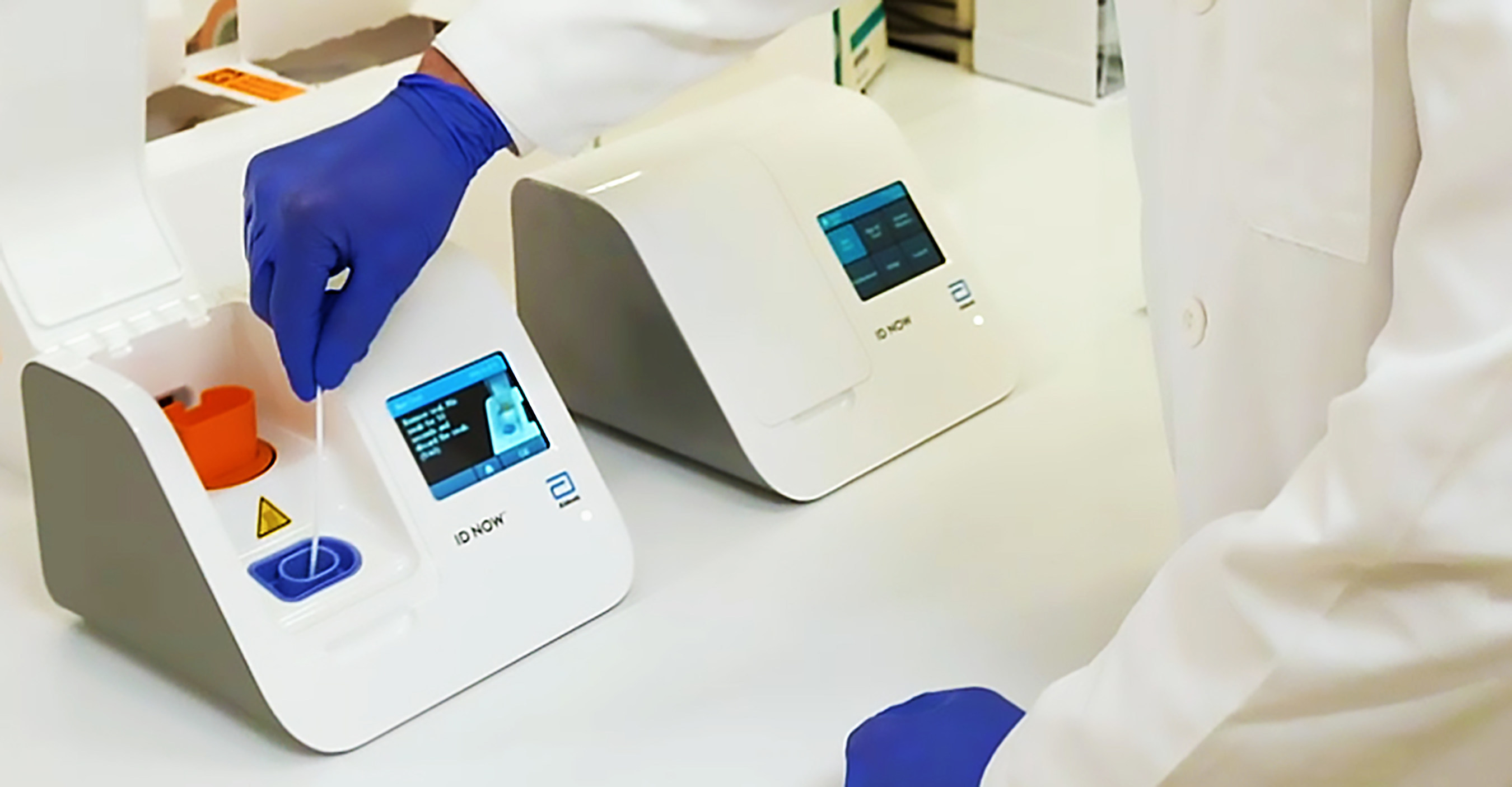Field Test Kit for Rotavirus in Animal Fecal Samples
The field test kit designed specifically for detecting rotavirus in animal fecal samples is a crucial tool in livestock and veterinary medicine. This diagnostic method offers rapid, on-site results that are essential for quick decision-making during outbreaks or routine health checks.
Rotavirus is one of the leading causes of diarrhea in young animals, which can lead to severe dehydration and even death if not treated promptly. Early detection through this field test kit allows for immediate intervention, thereby reducing mortality rates and minimizing economic losses.
The rotavirus test follows a two-step process: first, sample preparation involves collecting a fecal swab from the affected animal. The swab is then placed into a specimen tube containing a buffer solution to ensure that the virus remains intact during transport. In the second step, the prepared sample undergoes an enzyme immunoassay (EIA) test using monoclonal antibodies specific to rotavirus antigens.
Enzyme immunoassays are highly sensitive and specific tests, making them ideal for detecting low concentrations of pathogens like rotavirus in complex matrices such as fecal samples. This kit ensures that even small amounts of the virus can be detected with high accuracy within minutes.
The field test kit is designed to meet stringent quality control standards set by international bodies including ISO 13485 and FDA guidelines for medical devices. Compliance with these standards guarantees reliability, precision, and consistency across all batches produced.
For effective use of the field test kit, it's important to note that proper training should be provided to users who will handle this diagnostic tool. Proper handling includes understanding how to collect representative samples, ensuring correct dilution ratios when necessary, and interpreting results accurately based on color changes observed in the reaction area.
In summary, the field test kit for rotavirus in animal fecal samples represents an indispensable resource for veterinarians, farmers, and quality assurance personnel working within the livestock sector. By providing rapid diagnosis of rotavirus infections, this tool contributes significantly to improved animal health management practices and overall productivity in agricultural settings.
Why It Matters
The timely detection and identification of diseases such as rotavirus are critical for maintaining optimal herd health and performance. In the context of veterinary medicine, accurate diagnosis enables targeted treatments that can prevent further spread of infection while also addressing individual cases effectively.
Rapid diagnostic tools like the field test kit help bridge the gap between symptom recognition and effective treatment by providing quick results directly at the point-of-care (POC). This immediacy allows for prompt quarantine measures or treatment initiation, which are vital in controlling outbreaks within confined spaces such as farms or slaughterhouses.
Moreover, these tests foster better resource allocation since they prioritize efforts towards areas most affected by disease. Early detection also reduces reliance on broad-spectrum antibiotics, thus preserving their efficacy against truly resistant pathogens over time.
The field test kit plays a significant role in enhancing biosecurity measures by facilitating early identification of potential threats before they escalate into full-blown epidemics. This proactive approach ensures safer environments for both animals and humans involved in livestock operations.
Industry Applications
- Routine health checks on farms to monitor the prevalence of rotavirus among different species.
- Epidemic response strategies during outbreaks, helping authorities contain the spread effectively.
- Research facilities conducting studies related to animal virology and vaccine development.
- Animal transport services ensuring that healthy animals are not exposed to pathogens before reaching their destinations.
Customer Impact and Satisfaction
The field test kit has been widely adopted by various stakeholders in the livestock industry, including farms, research institutions, and transportation companies. Its ease of use combined with reliable performance has significantly enhanced user satisfaction levels across these sectors.
Veterinarians appreciate its ability to provide rapid results without requiring extensive laboratory facilities or specialized personnel. Farmers benefit from quicker identification of infected animals allowing for faster recovery plans. For researchers, the kit offers consistent data points conducive to robust scientific studies on animal pathogens.
Transport companies use this tool to ensure that only healthy livestock are moved between locations reducing risks associated with introducing new strains into previously disease-free areas. Overall, customers find value in how this diagnostic aid supports their broader goals of maintaining high standards of animal health and welfare.





